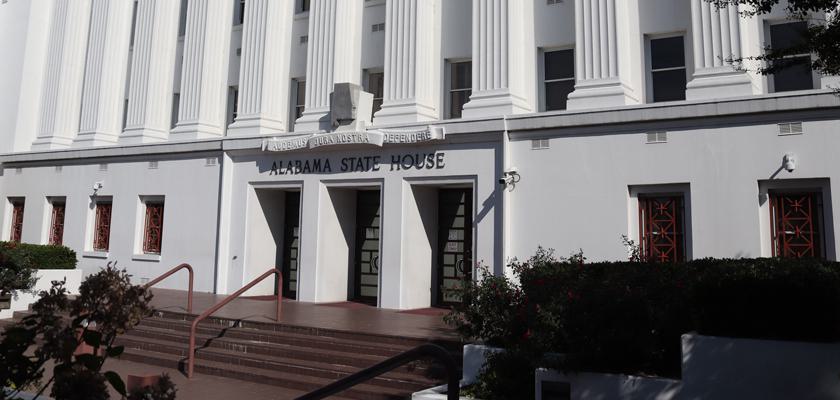The ETF that the House will consider will be the largest in state history at $8,160,319,294. The House Ways and Means Education Committee already gave a favorable report to the budget package. The $8.1 billion ETF budget fiscal year 2023 budget will go into effect on Oct. 1 for the fiscal year 2023. House Bill 135 (HB135), the 2023 ETF itself, is sponsored by House Ways and Means Education (W&ME) Committee Chairman Danny Garrett (R-Trussville).
HB135 is part of a package of related budget bills that the W&ME committee advanced on Wednesday that deals with the education budget. The package also includes House Bill 138 (HB138) by Garrett, making a supplemental appropriation to the FY2022 education budget of $1,283,283,616.
The largest part of that supplemental appropriation is $651,528,556 to the ETF Advancement and Technology Fund.
Senate Bill 175 (SB175) is sponsored by State Sen. Arthur Orr (R-Decatur). SB175 allows the Advancement & Technology (A&T) Fund to be tapped for capital improvements.
House Bill 267 (HB267) by Garrett is an FY2022 supplemental appropriation from the A&T fund to Alabama’s public schools and colleges and universities. This bill appropriates $76,591,969 to public colleges and universities, including the community college system, and $205,722,699 to local school boards.
Senate Bill (SB30) by State Sen. Bobby Singleton (D-Greensboro) provides education retirees a bonus of $2 per month served. There are no caps and no minimums in this bill. This will cost the state $58.4 million. Education retires do not receive cost of living adjustments (COLAs) because the Teachers Retirement System (TRS) is a defined benefit plan without any funding for COLAs.
House Bill 136 (HB136) by Garrett is a 4% pay raise for teachers and education support personnel. The cost of the pay raise is $178.6 million, including the associated retirement and FICA increases, for fiscal year 2023 and each year thereafter.
House Bill (HB140) by Garrett appropriates $13,151,435 to Tuskegee University for FY2023. At least $2,000,000 of this appropriation is to be expended for the agricultural research and extension service state match.
House Bill 142 (HB142) by Garrett appropriates $1,069,234 for Talladega College in FY2023.
House Bill 141 (HB141) by Garrett appropriates $389,327 in FY2023 funds to Lyman Ward Military Academy, now the Southern Preparatory Academy.
The ETF plus the appropriations for the three private schools, which by statute cannot be included in the budget itself is $8,174,929,290, which is up from $7,672,576,575 in FY2022.
In FY2023 K-12 education would receive $5,561,103,947, higher education $2,106,279,051, and other agencies $507,546,292 in FY2023. In FY2022 the split was $5,255,917,289, $1,957,095,794, and $459,563,492, respectively.
Alabama has a budgeting system where most of the money is earmarked and the state has two budgets, the ETF and the State General Fund (SGF) which appropriates money for most non-education state agencies. The Senate passed the SGF two weeks ago on Feb. 21.
The House Ways and Means General Fund Committee will address the SGF in their meeting on Wednesday. If SB106 and the other bills in the general fund budget package receive favorable reports from the committee, the House could consider the SGF as soon as Thursday. The $2,696,828,354 FY2023 SGF is also the largest in state history.
Passing the two budgets is the primary constitutional purpose of the annual regular legislative session.
Tuesday, March 8 will be day 19 of the 2022 Alabama Regular Legislative Session.
To connect with the author of this story, or to comment, email brandon.moseley@1819News.com.








